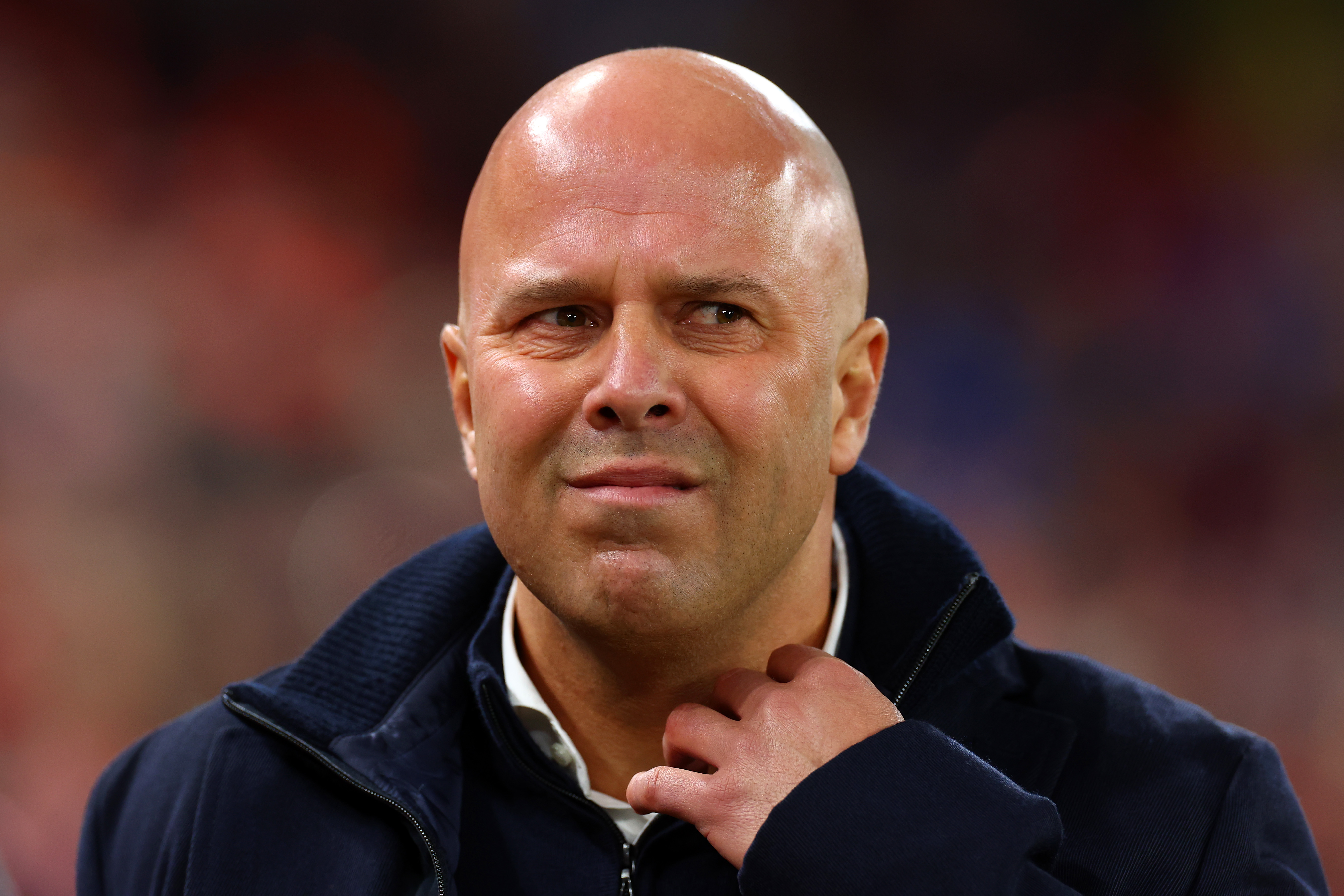Matt, Macca & Johnny Foreigner
His dream of playing for his hometown club in ruins, Matt Derbyshire has done a very brave thing, effectively engineering a move to Olympiakos.
Ignored in Blackburn, adored in Athens, the promising 22-year-old is setting an example many other English footballers should follow â for their own good and the good of the game.
The narrative of BritainâÂÂs football industry in the 20th century bears certain similarities to the story of British shipbuilding and steel.
Where once we led the world, exporting to all four corners of the globe, we now rely on imports.
And our frustration at this state of affairs leaves us, too often, xenophobic and insular, an attitude brilliantly caught by Simon Barnes in The Times, commenting on Big PhilâÂÂs demise:
âÂÂYou may be good enough for Brazil, but if you think youâÂÂre good enough for Chelsea, you got another think coming.
"You come here with your fancy talk about winning the World Cup, but what about the Carling Cup, eh? How many times have you won that?âÂÂ
The best features, fun and footballing quizzes, straight to your inbox every week.
Greek god: Matt Derbyshire
Buccaneers and pioneers...
It wasnâÂÂt always like this. British sailors introduced football to countries as diverse as Brazil, Iran and Spain.
In the late 19th and early 20th century, a buccaneering, hardy breed of British coaches like William Garbutt, Jimmy Hogan, Fred Pentland and James Richardson Spensley popularised British methods on the continent.
Garbutt, a right-winger for Arsenal, managed abroad (mostly in Italy) for 35 years. His Genoa players called him âÂÂMisterâ and the title stuck â for Garbutt and every coach in Italy.
Rejected by the English game, Hogan collaborated with Hugo Meisl to create the glory that was AustriaâÂÂs Wunderteam in the 1930s and influenced the football played by the Hungary side that beat England 6-3 and 7-1 in 1953 and 1954 respectively.
The next two generations of coaches â men like Vic Buckingham, Dave Mackay, Gordon Milne and, later, Terry Venables and Bobby Robson â were happy to make their mark abroad, winning honours in Egypt, Holland, Portugal, Spain and Turkey.
Yet when Steve McClaren took on the Twente job, he was derided in the parochial British media, as if he had voluntarily gone into exile purely to escape the âÂÂwally with the brollyâ jibes.
His move showed guts. Too many of McClarenâÂÂs contemporaries are content, after a setback, to scale down their ambitions to the punditâÂÂs couch.
Hungary run riot in '53
British players have not traditionally been terrifically adventurous.
But with, according to Fabio Capello, only 35 percent of Premier League players born in England, that attitude must change.
If this percentage remains constant, there will be over 300 squad places unavailable to English players who will face a stark choice: resign themselves to the fact that the Championship is the best they can hope for or move abroad.
Model behaviour...
ItâÂÂs not just about the players. Developing football nations and clubs usually adapt and adopt a strategy that has succeeded elsewhere.
Over the last 30 years, the most influential models have been:
Brazil (popular in Turkey, the Middle East, Japan, Russia, South Africa, Uzbekistan â and, briefly, Chelsea),
Germany (Greece, the Middle East, Kazakhstan and certain parts of Africa),
Holland (Austria, Barcelona, Germany, Russia, South Korea â and, briefly, Chelsea)
...and Italy (England, Ireland, Spain, Switzerland â and, now, Chelsea).
After les Bleusâ 1998 World Cup win, the French model was briefly in vogue, especially in England, but â apart from Arsene Wenger â the Gallic school remains only really influential in Africa.
Nobody follows the English model because there isnâÂÂt one anymore.
France batter the Samba Boys in '98
The rest of Europe respects the Premier LeagueâÂÂs wealth, profile and passion â but doesnâÂÂt look to England for ideas that will shape the future of the game.
Does this matter? For British players and coaches, it certainly does because it will affect their livelihood.
Besides, the British game is not so perfect that it couldnâÂÂt be improved with a few clever ideas from abroad.
And the best English players and coaches may learn from that trade in ideas. The Premier League may even benefit because, as Florentino Perez is showing, it cannot count on wealth as its competitive edge forever.
Even if England do win the 2010 World Cup, it will, sadly, be regarded as a victory for the Italian school of football.
When CapelloâÂÂs home country appoints an Englishman to coach a top-flight club, the country that invented the modern game will, once again, be able to claim that it is influential as well as rich.
---------------------------------------------------
FourFourTwo.com: More to read...
More Professor Champions League blogsBlogs HomeChampions League News
News Home
 Join The Club
Join The Club





